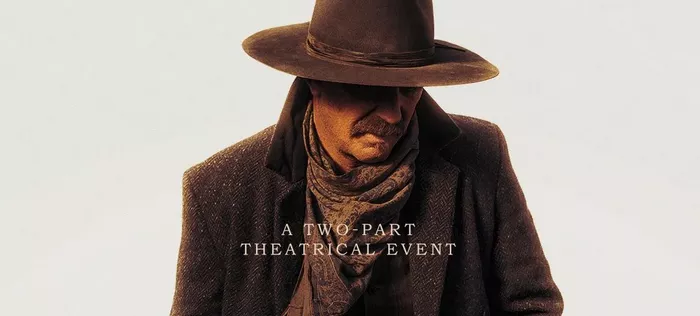In the ever-evolving landscape of the film industry, innovative approaches to movie releases are continually reshaping audience expectations. One such daring move comes from Hollywood icon Kevin Costner and Warner Bros., who are embarking on an unconventional journey with their upcoming Western movie, “Horizon: An American Saga.” Split into two parts, the film is set to hit theaters in the summer of 2024, with just a two-month gap between its installments. This ambitious release strategy has raised eyebrows and ignited discussions about its potential risks and rewards.
A Novel Release Approach
“Horizon: An American Saga” breaks new ground by releasing its two parts in close succession. While multi-part films are not uncommon, they traditionally feature longer gaps between releases, often a year or more. In contrast, Warner Bros.’ decision to release the two parts of “Horizon” just two months apart is a departure from the norm, raising questions about how this approach will affect the film’s reception and box office performance.
The Risk of Back-to-Back Releases
The film industry has witnessed instances where back-to-back releases with minimal gaps between installments did not yield the desired results. A notable example is “The Matrix Reloaded” and “The Matrix Revolutions,” which faced criticism for their rapid succession and varying quality. The short interval between the two films raised concerns that audiences did not have sufficient time to digest and appreciate the first installment before diving into the second, potentially impacting the overall experience.
Potential Benefits of a Short Gap
Despite the inherent risks, there are potential advantages to releasing “Horizon: An American Saga” with just a two-month gap. One significant benefit is that the first part of the movie will still be fresh in the minds of audiences when the second part debuts. This continuity could enhance the overall viewing experience, as viewers are more likely to retain the storyline and emotional connections between the two installments.
Additionally, the shorter gap between releases could lead to cost savings in marketing and promotion. Traditional marketing campaigns for multi-part films often involve significant expenditures to maintain audience interest over extended periods. With “Horizon,” the proximity of the releases might reduce the need for protracted marketing campaigns, potentially allowing Warner Bros. to allocate resources more efficiently.
Kevin Costner’s Influence
Kevin Costner’s enduring association with “Horizon: An American Saga” adds a compelling dimension to the project’s potential success. Over his 35-year history with the film, Costner’s dedication to the Western genre has garnered him a loyal fanbase and critical acclaim. His current high profile, fueled by recent successful projects, further positions him as a draw for audiences seeking a quality Western film.
In conclusion, Kevin Costner and Warner Bros. are embarking on a daring and unprecedented release strategy with “Horizon: An American Saga.” The decision to release the film’s two parts just two months apart challenges industry conventions and opens new possibilities for audience engagement. While the risks are undeniable, the potential benefits, along with Costner’s longstanding commitment to the project, could pave the way for a unique and memorable cinematic experience in the Western genre. As the summer of 2024 approaches, all eyes will be on “Horizon” to see how this bold move unfolds in the world of film.

